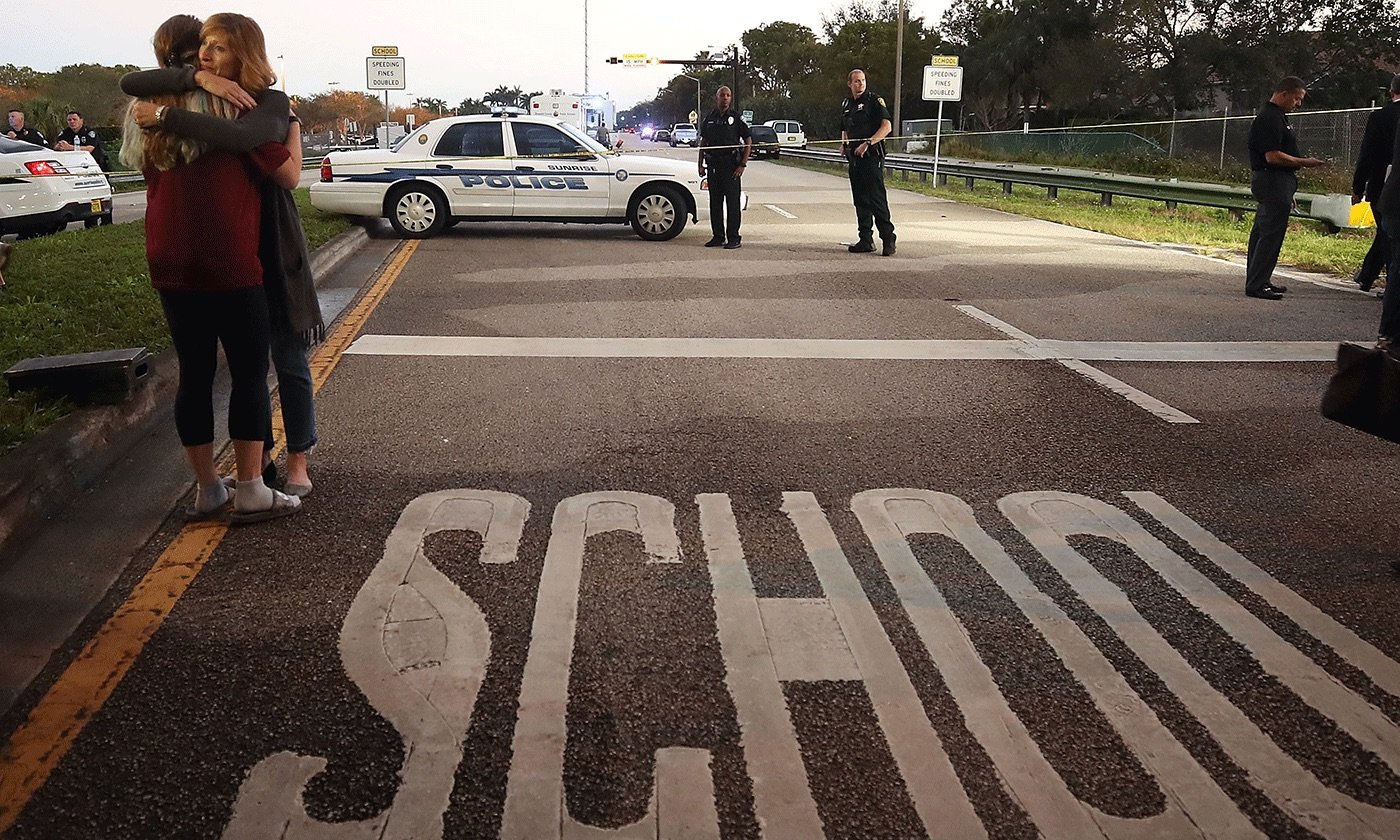The Hunt, a series from the creators of Planet Earth, provides a vivid depiction of the brutal predator/prey chase. The series reveals a violent world where crocs mimic floating logs before lunging toward a herd of slurping wildebeest and a tubby sea lion lounging on a slab of ice must abruptly scramble from a polar bear who shoots up from the water to attack. Another scene follows a starving, panting wolfpack that spring into gear and – through teamwork, endurance, and desperation – close in on a faster, more nimble rabbit.
Login to read more
Sign in or create a free account to access Subscriber-only content.
